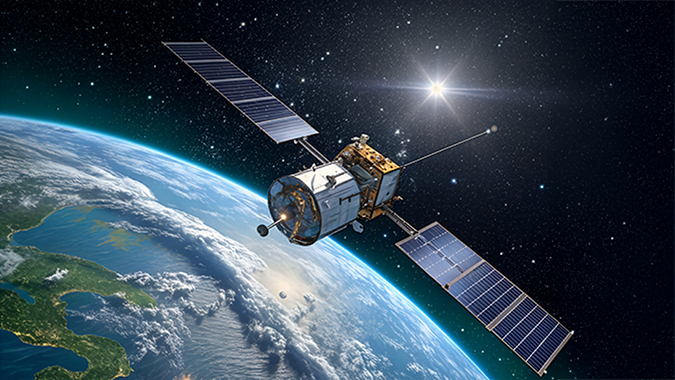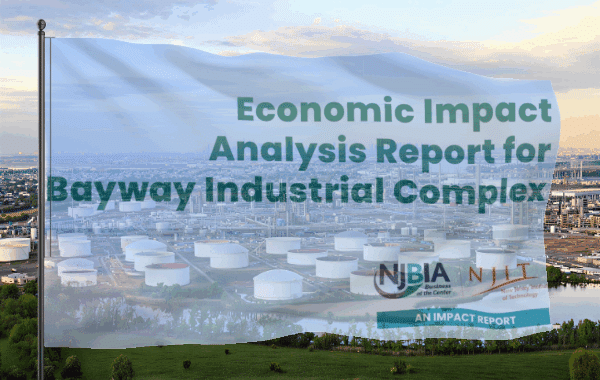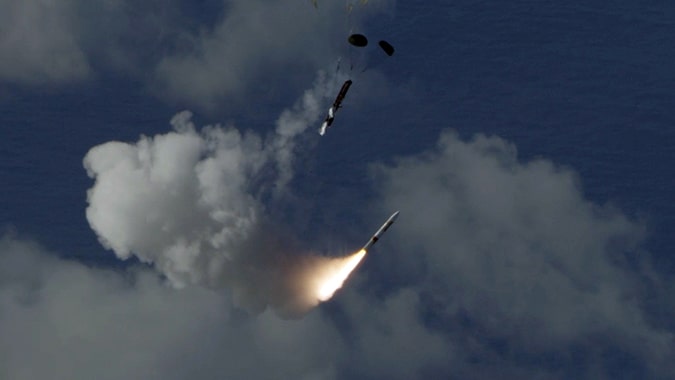Princeton NuEnergy, an innovative clean-tech company specializing in recycling, repurposing, and commercializing lithium-ion battery materials with its patented low-temperature plasma-assisted separation process, has raised $16 million in Series A funding.
The round was led by Wistron Corporation, a Fortune Global 500 member and industry leader in electronics recycling services. New institutional investors participated in this round, including Honda Motor Co., GS Futures, and Traxys North America, joining previous investors Greenland Technologies, Shell Ventures, and WorldQuant Ventures, among others.
Princeton NuEnergy (PNE) said Monday it will use the funds for new recycling facility construction and equipment procurement to further increase processing capacity and support company operations.
PNE's flagship innovation is a low-temperature plasma-assisted separation process, a patented technology that significantly reduces costs, environmental waste, and carbon emissions commonly associated with lithium-ion battery recycling. PNE's approach enables higher critical material recovery rates and superior material performance compared with traditional recycling methodologies.
"As the world navigates the challenges of sustainable energy and responsible technology disposal, PNE remains dedicated to driving innovative solutions that have a positive impact," stated PNE founder and CEO, Dr. Chao Yan.
"This Series A funding round represents a major step towards realizing our vision of a cleaner, greener future through cutting-edge lithium-ion battery recycling technology,” he said. “We are grateful for the support from our investors and partners and look forward to building upon the solid foundation we have built to date."
In addition to the $16 million Series A and previous seed rounds totaling $7 million, PNE has been awarded multiple research grants for battery recycling from the U.S. Department of Energy, most recently for $12 million and $4.375 million. The Series A funding will fortify PNE's commitments to reducing the nation's reliance on foreign critical materials, expanding domestic manufacturing capabilities, and enhancing the creation of high-quality clean energy jobs in the U.S.
Peter Tung, president of the Service and Recycling Business Group of Wistron Corporation, said his company was pleased to be a significant investor and partner with PNE.
“Closing this round marks another milestone in advancing PNE's technology, establishing a foundation for the lithium-ion battery circular supply chain, and addressing the global need for electrification to help combat climate change,” Tung said. “We are particularly proud to be PNE's partner in our joint pilot production facility in McKinney, TX and are excited for PNE's future prospects."
Manabu Ozawa, managing executive officer of Honda Motor Co., said Honda had “high expectations” for Princeton NuEnergy’s innovative concept and technologies for lithium-ion recycling technology.
“The plasma-based direct recycling technology will enable the sustainability of the EV battery supply chain and, as Honda strives to achieve 100% use of sustainable materials by 2050, we envision that this technology has great potential,” Ozawa said. “Honda will continue to search for, collaborate with and invest in various venture companies with a promising future through our global open innovation program – Honda Xcelerator Ventures."
About Princeton NuEnergy
Princeton NuEnergy (PNE), a U.S.-based, innovative clean-tech company founded out of Princeton University, is quickly revolutionizing the critical materials supply chain with its patented direct recycling technology for lithium-ion batteries. PNE's patented low-temperature plasma-assisted separation process (LPAS™) produces battery-grade cathode and anode materials suitable for direct reintroduction into cell manufacturing. This direct recycling process delivers recycling efficiency rates of over 95% and exceptional ESG performance at half the cost and with a much lower environmental footprint compared to conventional methods. Go here to view a video about the company and its innovative recycling process.




